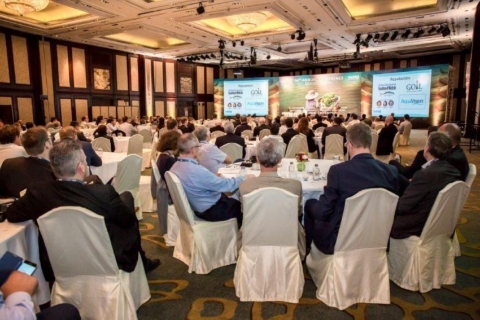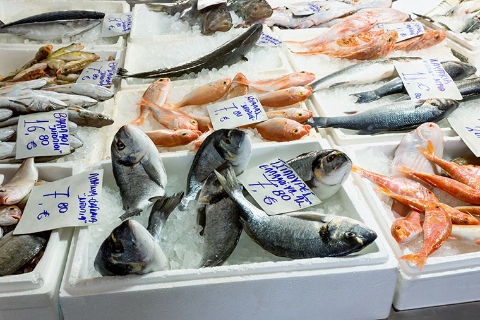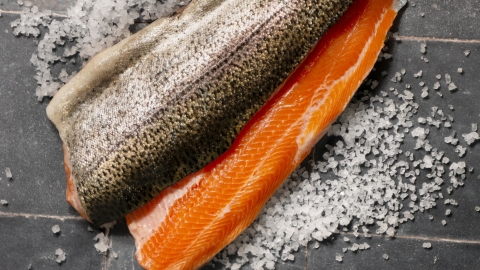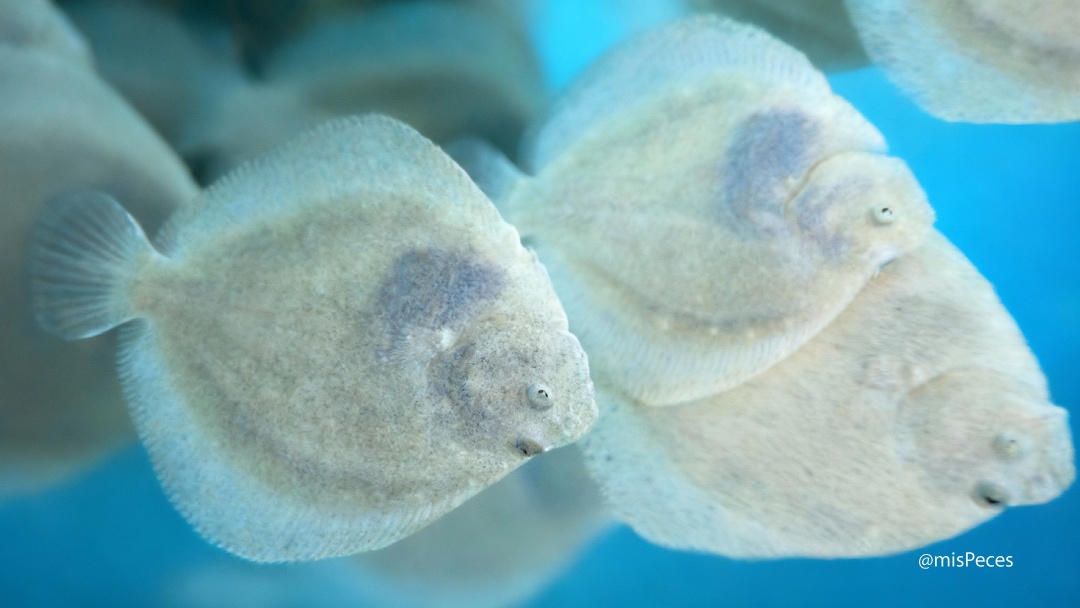
The Marine Research Centre (CIM) at the University of Vigo has launched a new project aimed at strengthening animal welfare in the industrial aquaculture of flatfish. According to the university, the PhysToFish research group is leading the WelFlatFish+ initiative, financed with €115,000 by Stolt Sea Farm SL, which will run until 2027.
As the University of Vigo explains, the project’s goal is to assess and improve welfare conditions in the farming of species such as turbot and sole, optimising production processes and reinforcing the sector’s sustainability. The CIM highlights that the results “will have a direct impact on optimising real farming processes in the company’s facilities.”
The team, headed by Jesús Manuel Míguez Miramontes, brings together researchers Marcos Antonio López Patiño, Marta Conde Sieira, Mauro Chivite Alcalde and Mercedes Gallardo Medina, as well as Carlos Andrés Ramírez Rodríguez, a PhD student on the DoMar programme under the Industrial Doctorate Programme of the Xunta de Galicia, and Antía Verde Rodríguez, a researcher funded by the project.
According to Jesús Míguez, “Although in previous projects we focused on the final phase of production, in this new one we will continue those studies but using highly sensitive electrophysiological techniques that will allow us to measure neurological activity and define the fish’s state of consciousness, ensuring complete sensory disconnection.”
The WelFlatFish+ project will also assess animal welfare during other stages of industrial production where it may be compromised — such as handling involving air exposure, tank overcrowding, or temporary fasting. During these phases, various hormonal, metabolic, and molecular parameters will be monitored to identify possible sources of physiological stress, a response that can negatively affect production. The goal, the CIM notes, is to optimise all processes while minimising risks and improving fish health.
Non-invasive indicators and knowledge transfer to the industry
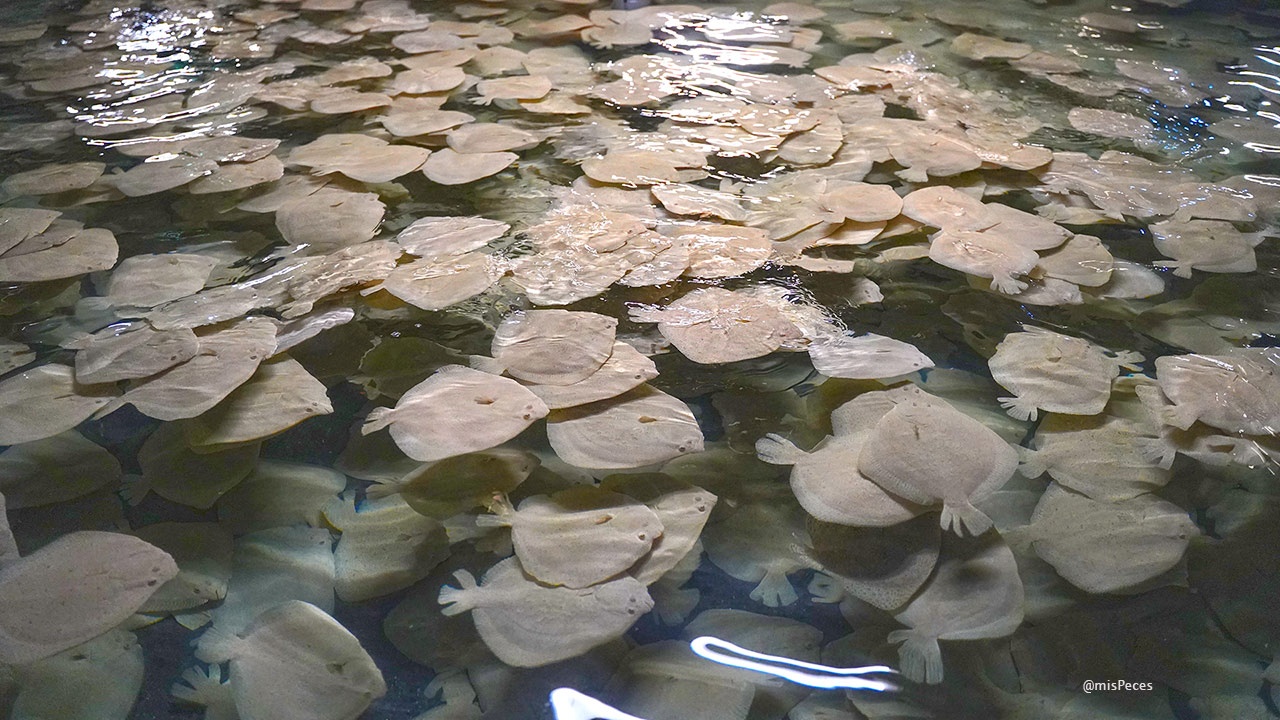
Another key focus of the project, according to the University of Vigo, will be the development of non-invasive welfare indicators. “Initially, we will focus on measuring cortisol levels in tank water and in the mucus covering the fish’s skin. We believe this is an important path for future technological applications, enabling the company to routinely monitor welfare and prevent chronic effects that could negatively impact production,” adds Míguez.
Collaboration with Stolt Sea Farm will be crucial to ensure the applicability of the results, since, as Míguez explains, “All experimental work will be carried out in the company’s facilities, transferring our measurement techniques—particularly electrophysiological ones—directly to the farm. The results will directly impact the optimisation of real farming processes at the company and in Galician aquaculture in general.”
In this regard, the researcher highlights the importance of such projects for both PhysToFish and CIM, as they “represent a major scientific and technical challenge, applying basic knowledge acquired in the laboratory to real-world production situations. Moreover, they align perfectly with CIM’s goals of transferring knowledge to the business sector and contributing to the sustainability and competitiveness of Galician aquaculture.”
Towards a more ethical and trusted aquaculture
As the University of Vigo points out, one of the main challenges currently facing the aquaculture sector is to improve consumer perception of farmed fish products. The integrated approach of WelFlatFish+ aims precisely to promote a production model that respects animal welfare while strengthening consumer confidence.
“We want to demonstrate that a more respectful production model is possible, thereby contributing to a better social image for aquaculture products,” says Míguez.
The project is aligned with the priorities of the Galician Smart Specialisation Strategy (RIS3 Galicia), which recognises seafood and aquaculture as strategic sectors for the region’s present and future. The CIM holds CIGUS recognition from the Xunta de Galicia, certifying the quality and impact of its research, and its activity is co-financed by the European Union through the FEDER 2021–2027 Programme.

